Among the many decisions made when launching an employee engagement program, billing is just one of several important considerations. The impact of the choice between Bill on Redemption (BOR) and Bill on Issuance (BOI) has implications for both the finance department and for eventual program costs.
On the surface, it seems as though BOR would make sense for most businesses. Award points as you go, then receive an invoice when the participant redeems. That sounds easy enough! But the reality is that this can prove inefficient for your accounting team, and unpredictable for senior management.
While it certainly sounds like a no-risk approach – after all, there’s no real financial commitment until the participant selects a reward – the company must carry the potential liability over from year to year. This means that the actual cost of the reward can hit the books months or years after the points were awarded. This makes it impossible to close the project at the end of the fiscal year and raises taxation challenges. As market conditions change, the liability remains and the costs can hit at any time.
BOI, however, means that the full value of the points is invoiced at the time they are awarded. From an accounting perspective, this is a much cleaner approach. The project remains within the fiscal year and there are no surprises in the future, when participants start redeeming. The only potential risk would be if participants never redeemed.
At Next Level Performance, we eliminate the risk. For all BOI programs, we “sweep” points from inactive accounts (such as those of employees no longer with the organization) twice a year. These points are credited back to you to award other participants at a future date, or to fund future initiatives or program expansion.
This approach is preferred by the majority of our clients, who appreciate the simpler accounting with no risk to the organization.



